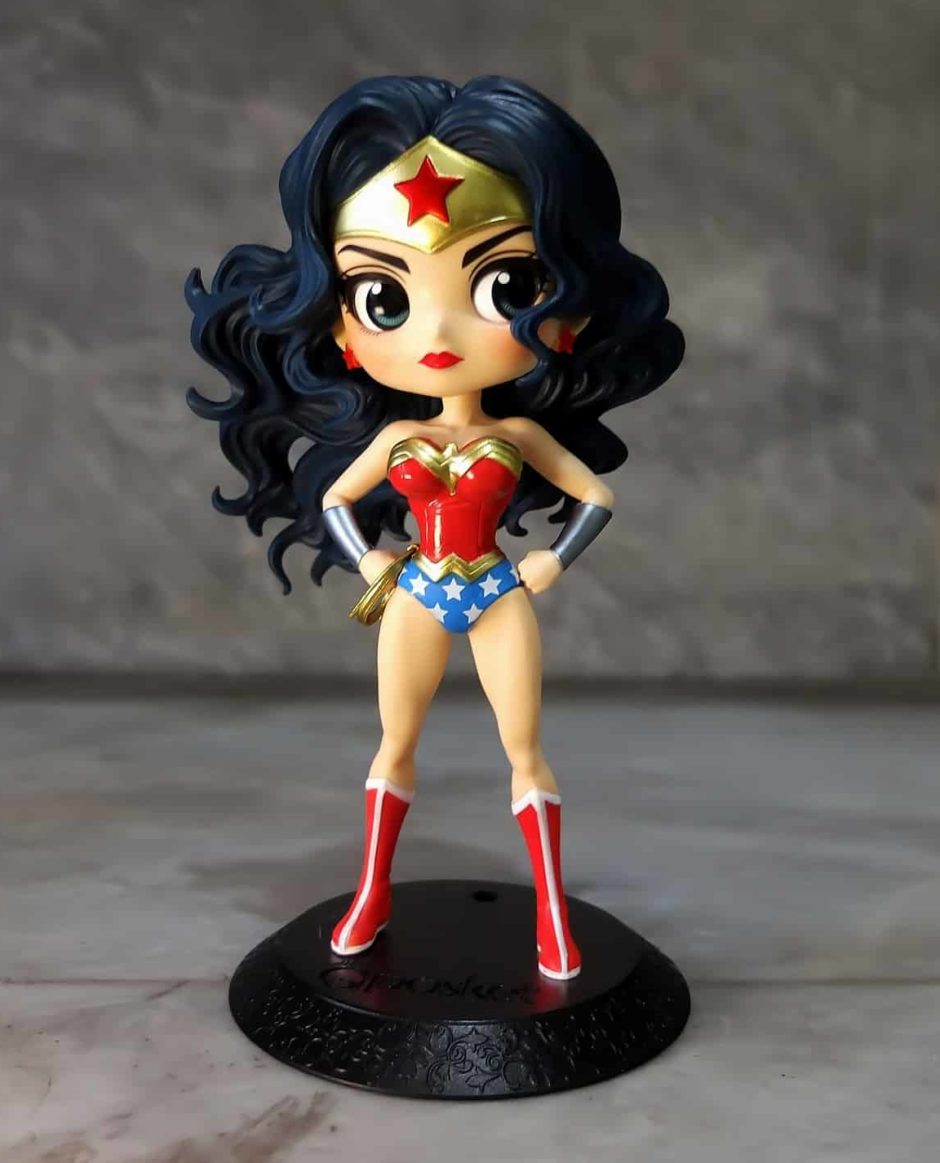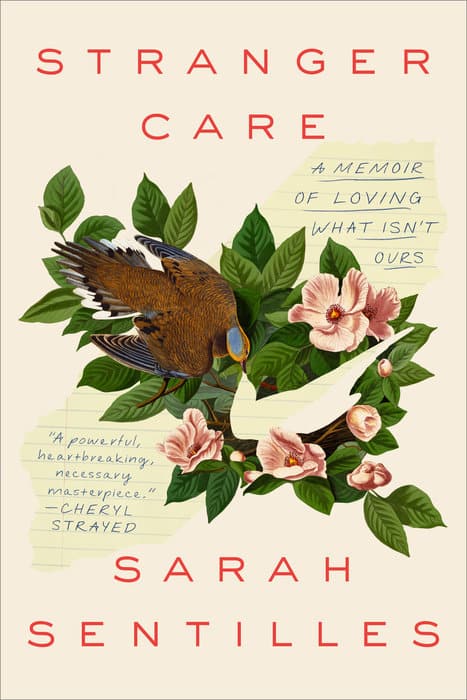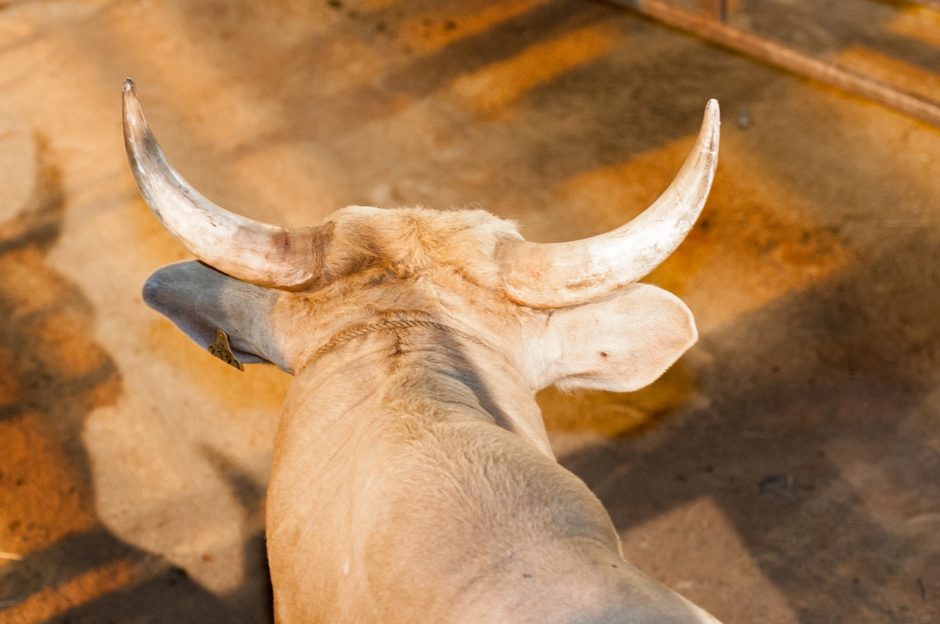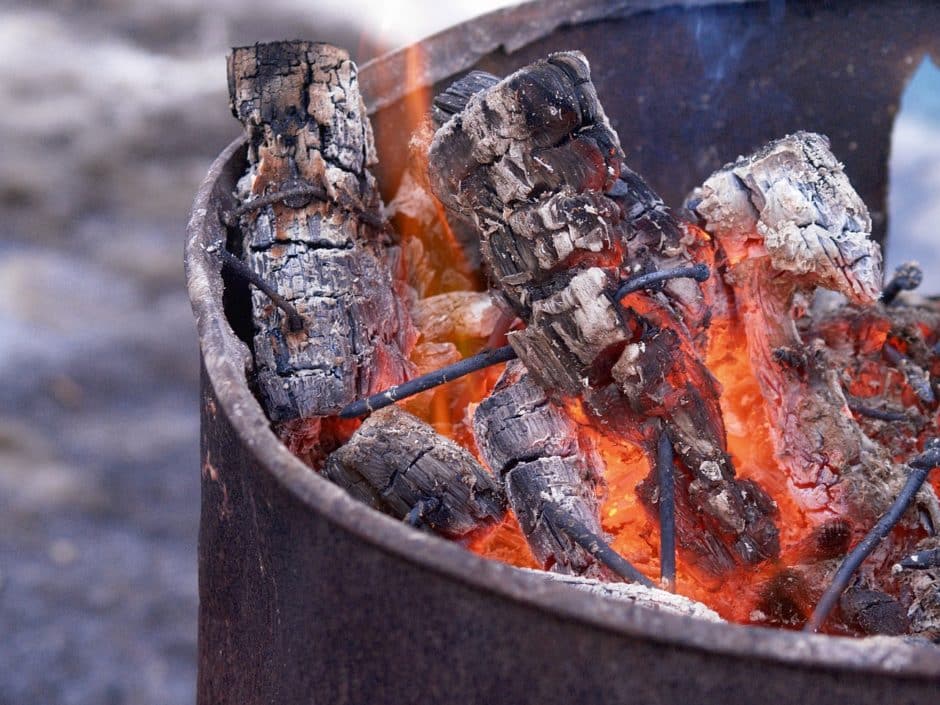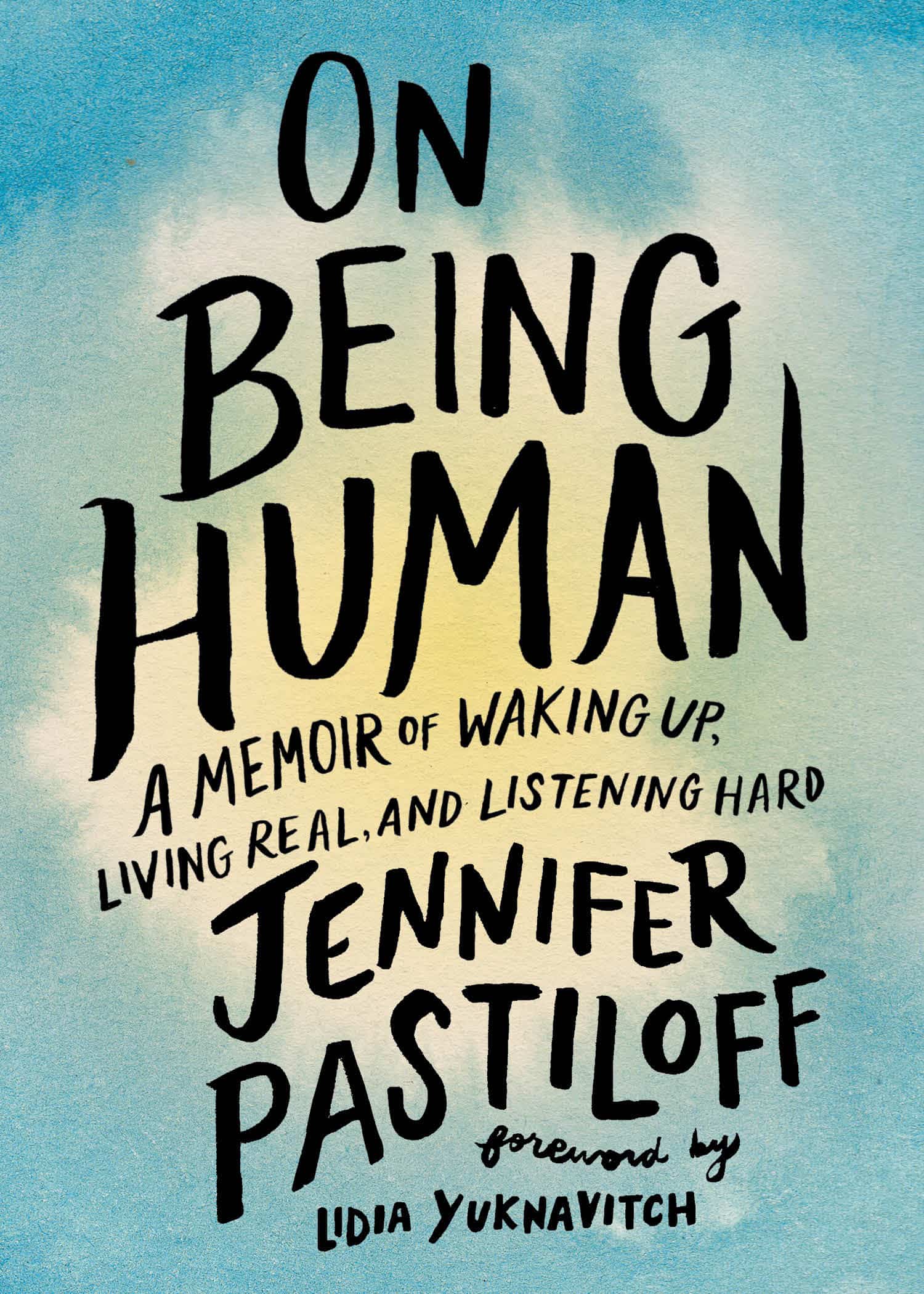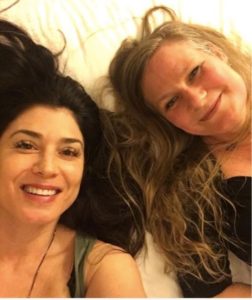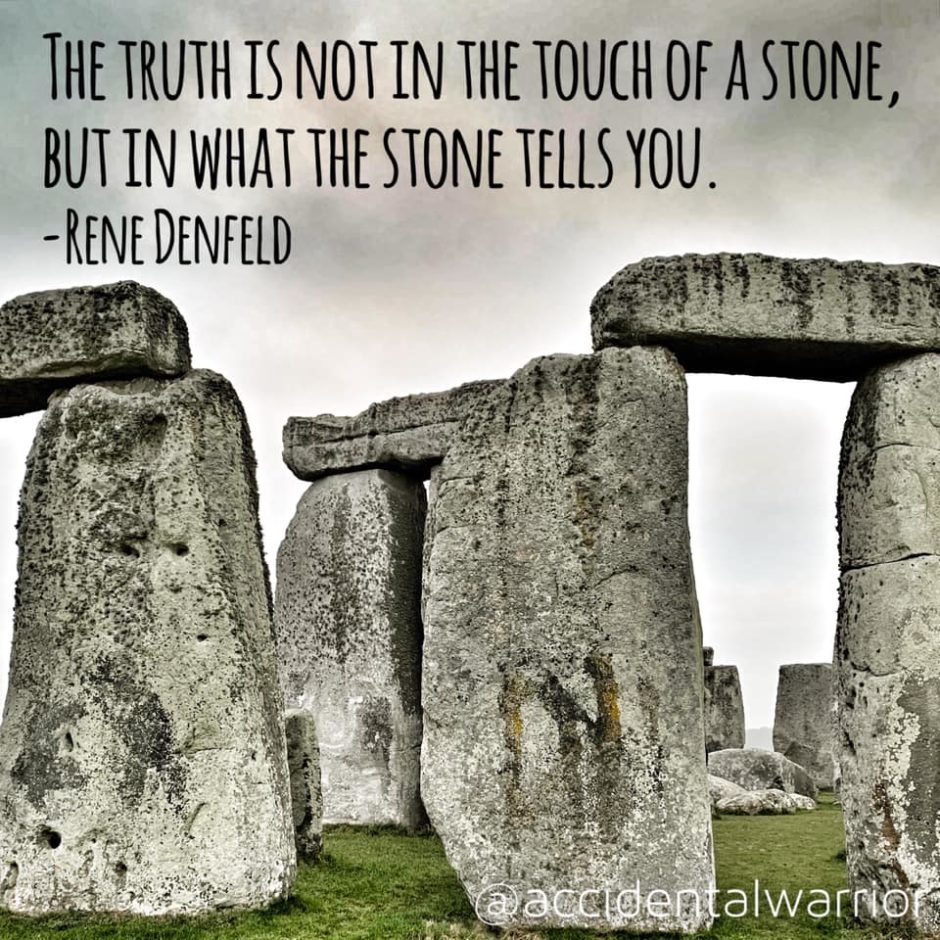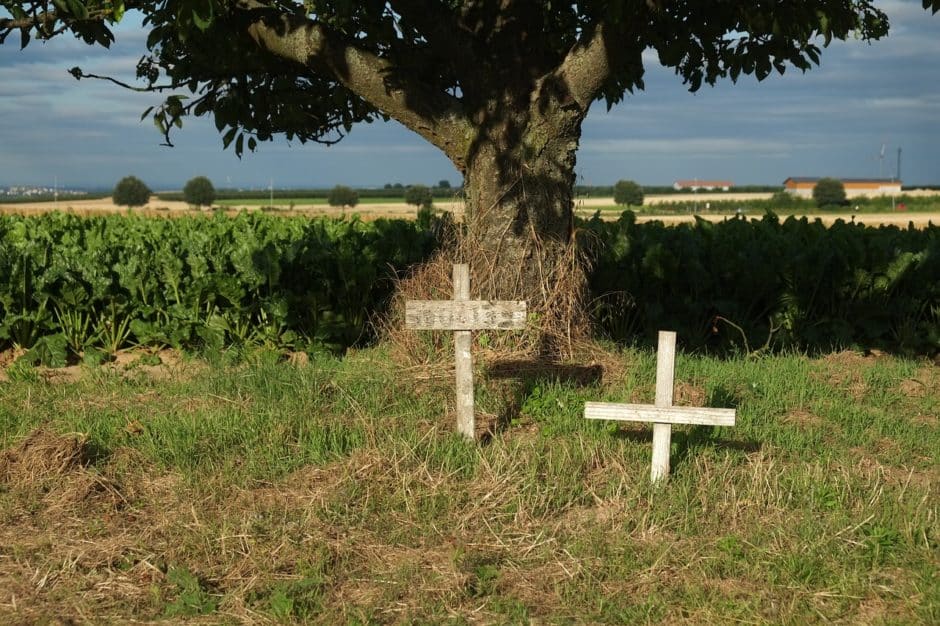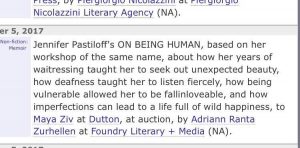by Kayla Delk
Step 1: Backstory
My parents got divorced. I was five. I don’t remember much of it, but I do remember Sunday nights at my dad’s house.
I sat in a mustard yellow recliner in the corner of our living room; my little brother was on the green couch across from me, and my dad would be in the kitchen mixing some popcorn and Cheetos for us. The walls were empty except for the TV and bookshelf encasing my dad’s collection of figurines—samurai holding different fighting stances—from when he lived in Japan.
My brother would excitedly rub his feet back and forth across the corduroy fabric, punch a fist to the sky, and shout “Woman Woman!” Dad entered just in time to keep me from losing my cool. “It’s Wonder Woman.” I told him every time.
On Sunday nights, my dad would rent movies from Netflix, back when they would actually send DVDs to your door, and we would all sit in the living room to have a movie night. For a year straight, I picked out the original Wonder Woman series with Lynda Carter. Every Sunday night, I was criss-cross apple sauce, eyes glued to the TV, imagining what it would be like to be her.
Step 2: Play Pretend
My brother and I spent our afternoons playing superheroes in the backyard. I, of course, picked Wonder Woman; she was a princess and a warrior and the strongest one at that. It only made sense. Zander chose The Flash, and together we saved the world.
Battles consisted of climbing the concrete divider by the garage and jumping off with some haphazard flying kick. My brother running down the hill to fight the villain with his super speed, while I’m at the top swinging my Lasso of Truth. If the timing was right, there was wind in my hair while we flew my invisible jet across the ocean. Nothing could stop our dynamic duo.
Step 3: Doubt Yourself and Become Insecure
My dad got remarried, and my older stepbrother didn’t think I looked enough like Wonder Woman to play her in the backyard. Instead, we switched to the Marvel Universe. I could be Jubilee from X-men, or we could play Harry Potter, and I would be Cho Chang.
“It’s the blue eyes,” he said shrugging his shoulders, “you don’t have blue eyes.”
No, my almond eyes were a little too brown to play Wonder Woman, my skin a little too tan, and I, as a whole, a little too Asian.
“Well, can I still have the Lasso of Truth, that’s kind of magic?”
“No, but you can have a wand.” He picked up a stick and threw it at me.
Step 4: Have a Keepsake as a Gentle Reminder of Who You Want to Be
Ten years may not seem too old for Chuck E. Cheese, but it felt like it. Zander was turning eight, and he wanted his party there. While he played on the obstacle course with his friends, my dad and I used the majority of our time on the kiddie version of a slot machine (you put a token in it at the top and watch as it’s pushed onto a mound of extra tokens, hopefully knocking some off in the process. The more tokens knocked off, the more tickets you get). I never did very well, but it was fun.
As the party was coming to an end, we huddled around the ticket counter. It was the most exciting part by far. Dad always got the most tickets, from ski ball probably, but in the end, we would put everyone’s together in a big pool and split them up evenly. To be honest, we never had enough tickets to get any of the big prizes, so there we stood. Eyes wide, faces pressed against the glass counter trying to figure out which plastic toy we would pick this time. Zander, a bouncy ball. Me, a slap bracelet. Back to Zander, farting putty. Me, a ring-pop. Zander, a sticky hand. Me, a Wonder Woman keychain.
Step 5: Have a Secret Identity
We were assigned a partner project in my eighth grade English class: create a radio show based in the 50’s. My partner Savannah and I spent a week putting together playlists of Elvis and B.B. King. As the radio show hosts, we also had to have names from the time. Mine was Diana Prince.
Savannah didn’t ask where I got the idea for my stage name. She wasn’t really into superheroes, but I thought myself very clever.
Step 6: Make a Comeback
I worked at our local theater throughout high school. It was my junior year when the new Wonder Woman movie came out. I stood at the table in the middle of the lobby tearing tickets and directing customers to the right room. Behind me was a ten-foot cardboard cut-out of Gal Gadot as Wonder Woman.
I was flattered when the old men I ripped tickets for told me I looked like her.
Step 7: Understand Why an Island Full of Women Thrived Without Men
I was in the driver’s seat of my 2004 gold Ford Focus. The boy with curly brown hair and glasses that I kinda-sorta dated sat in my passenger seat. We’re parked in a lot by the lake, looking at the moon. He showed me music I wasn’t cool enough for and told me about his dreams of one day disappearing. I said I hoped he didn’t. For a while, we sat in silence. He made a note of my keychain, the colors faded from spending six years in one of my dresser drawers, and I told him I got it in elementary school.
He gave me a surprised “Hmph.”
“I figured you were just a bandwagon fan.”
Step 8: A Villain Emerges
Senior year of high school I found myself waking up in panic attacks from nightmares. Sometimes I was being held down and taken by an intruder. Sometimes I had to protect my sisters from being raped, but the dreams always ended the same way.
I wasn’t strong enough.
I spent the rest of the year learning how to fight. I started kickboxing four times a week. Feeling my knuckles hit the bag awakened an anger in me I didn’t know I had. Watching my sparring partner stumble back from my foot against their chest left me wanting more.
The class was doing drill rounds. Each person straddles a punching bag on the floor and goes at it for one-minute intervals. It was meant to burn you out, and it did. Haunted by my dreams, I poured my built-up rage into the bag until all that was left was fear—the fear of not being enough, enough to protect myself, enough to protect my family. I found myself exhausted and crying.
Step 9: Self Realization
My freshman year of college I lived alone in an apartment. My mom tried to leave me with a machete, but I told her it was against the rules to have any weapons on campus. Instead, I found a new gym with a new combat class to help me keep training. An extra seven pounds of muscle made the dreams stop, but the newfound empowerment told me to keep going. I decided to become an instructor.
For the next two months, I spent three hours a day in the gym perfecting my form. I punched faster, kicked higher; my body ached with every movement, tearing the muscles only to build them back stronger. I wielded more power than I had ever known.
It was time. I was nervous. For the last portion of the certification, I had to teach a class by myself to prove I was good enough. My coach asked who I wanted to be when I was leading the group on stage.
“Wonder Woman.”
Kayla Delk is a student at the University of Tennessee at Chattanooga. Her poetry has been published in The Sequoya Review. We are honored to be the first to publish Kayla’s work as an essayist.
~~~~~~~~~~~~~~~~~~~~~~~~~~~
Sarah Sentilles is a writer, teacher, critical theorist, scholar of religion, and author of many books, including Draw Your Weapons, which won the 2018 PEN Award for Creative Nonfiction. Her most recent book, Stranger Care: A Memoir of Loving What Isn’t Ours, is the moving story of what one woman learned from fostering a newborn—about injustice, about making mistakes, about how to better love and protect people beyond our immediate kin. Sarah’s writing is lyrical and powerful and she ventures into spaces that make us uncomfortable as she speaks for the most vulnerable among us. This is a book not to be missed.
Pre-order a copy of Stranger Care to get exclusive free access to a one-hour generative writing workshop with Sarah, via Zoom on May 25th at 7pm Eastern time. If you register for the workshop and can’t attend, a recording of the event will be available. More details here.
~~~~~~~~~~~~~~~~~~~~~~~~~~~
Anti-racist resources, because silence is not an option
~~~~~~~~~~~~~~~~~~~~~~~~~~~

